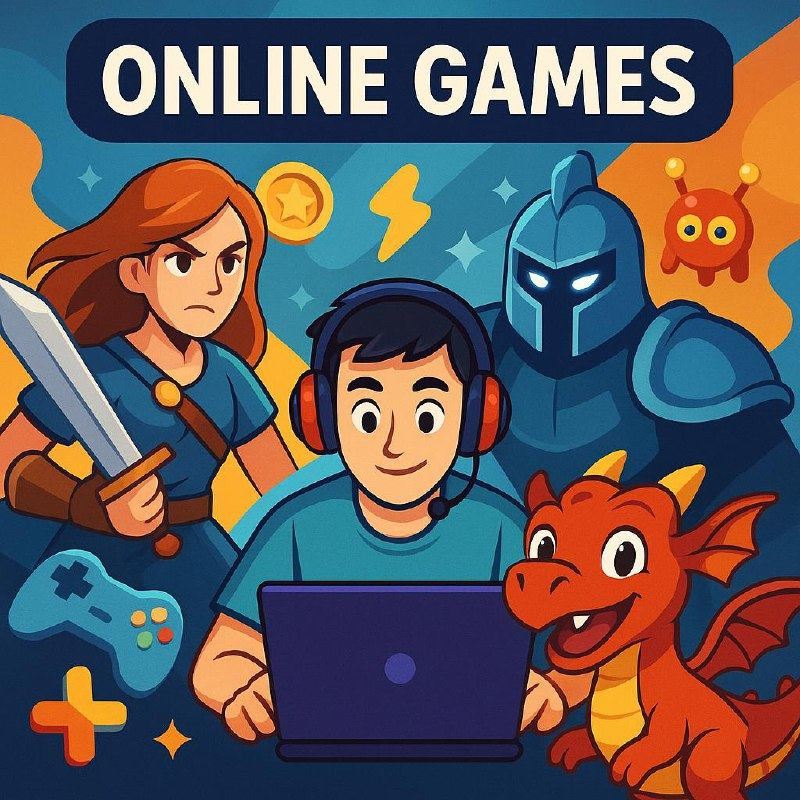
Online games have become a dynamic and expansive realm where creativity, community, and competition converge. This digital playground offers experiences that go far beyond any single title or well-known brand. As technology advances and internet accessibility improves worldwide, online gaming continues to grow as a major form of entertainment and social interaction.
The Essence of Online Gaming
At its core, online gaming is about connecting players across the globe to engage in shared virtual experiences. These experiences can range from cooperative quests and strategic battles to creative building and social interaction. The diversity of online games ensures that there is something for everyone, whether you seek intense competition or casual fun.
Key Features Defining Online Games
- Multiplayer Interaction: Online games thrive on player-to-player interaction. Whether it’s working together as a team, competing head-to-head, or simply socializing within a virtual world, the multiplayer aspect fosters a sense of community. This social connectivity is a major reason many players return daily.
- Continuous Evolution: Unlike traditional offline games, online games often receive regular updates, introducing new content, challenges, and events. This continuous evolution keeps the gameplay fresh and engaging, encouraging long-term player involvement.
- Diverse Genres and Styles: The spectrum of online games spans from strategy and role-playing to simulation and puzzles. This variety caters to different tastes and skills, ensuring accessibility for beginners and depth for experienced players alike.
- Cross-Platform Play: Modern online games often support multiple devices, enabling players to join from PCs, consoles, or mobile devices. This flexibility broadens the player base and makes gaming more convenient and inclusive.
The Social and Cultural Impact
Online games are more than just entertainment; they have become cultural phenomena shaping how people communicate and form relationships. Virtual environments provide safe spaces for expression and creativity, sometimes even leading to real-world friendships and collaborations. Many communities within online games organize events, create content, and support charitable causes, illustrating the positive social potential of this medium.
Challenges and Future Trends

While online games offer vast opportunities, they also face challenges like balancing competitive fairness, protecting player privacy, and managing toxic behavior. Developers and communities continuously work to create safer and more enjoyable experiences.
Looking ahead, innovations like augmented reality (AR), virtual reality (VR), and improved artificial intelligence (AI) promise to transform online gaming further. These technologies will enhance immersion, responsiveness, and the emotional depth of virtual interactions.
Conclusion
The world of online games is a thriving, ever-changing landscape fueled by creativity, connection, and technology. It invites players not just to play but to belong, explore, and grow. Beyond the familiar names and brands lies a vast universe where imagination meets community in the digital age. Whether as a casual player or a dedicated enthusiast, the online gaming world offers endless possibilities waiting to be discovered.









